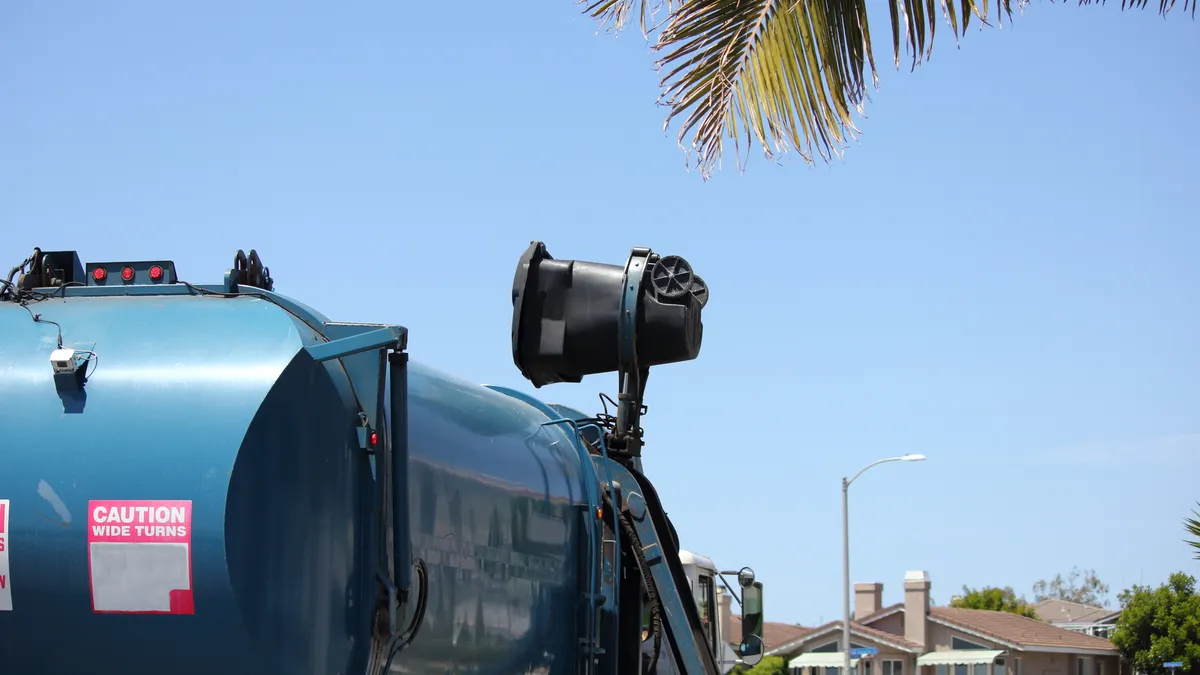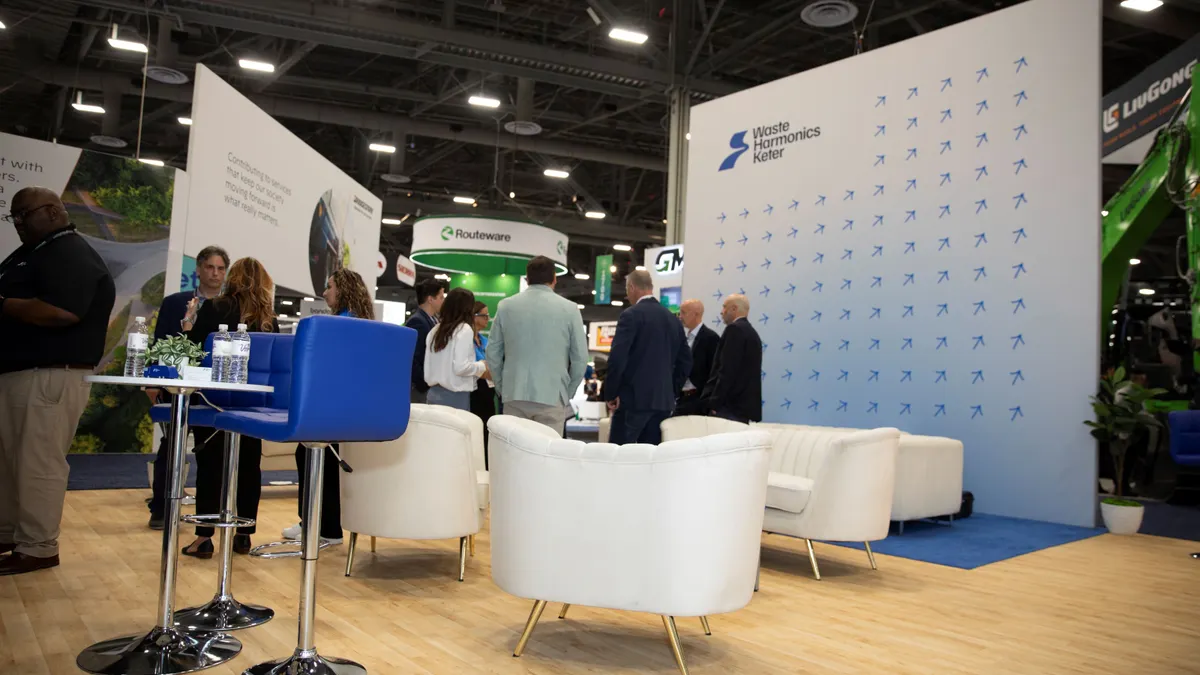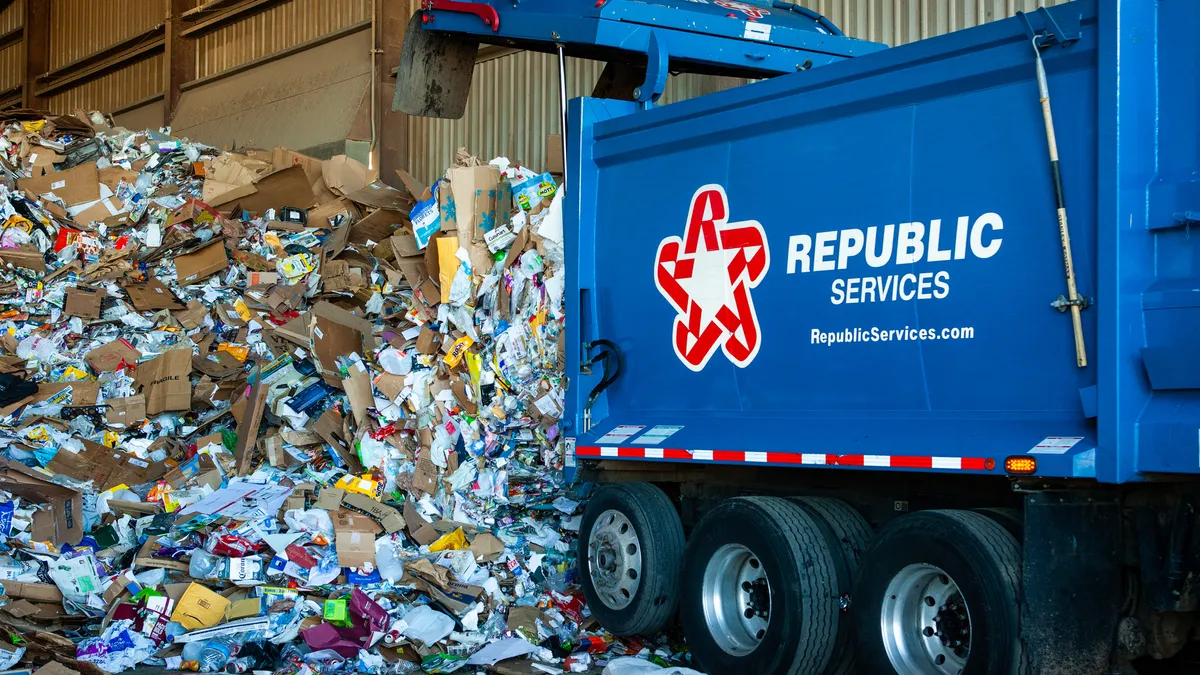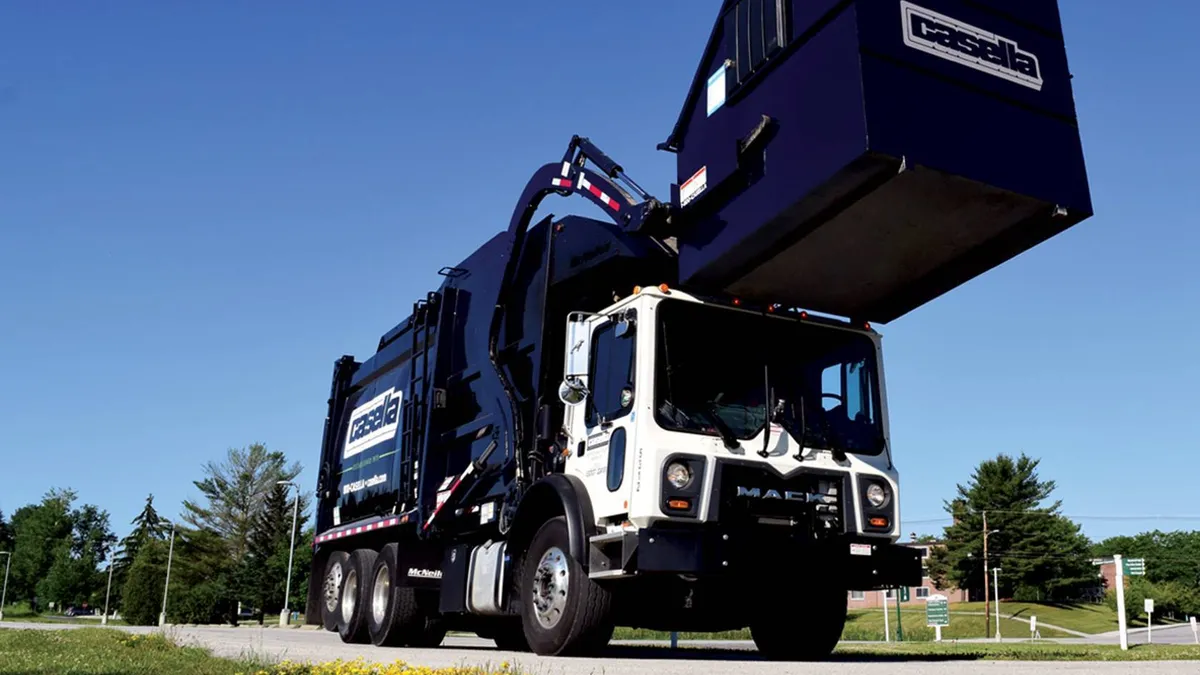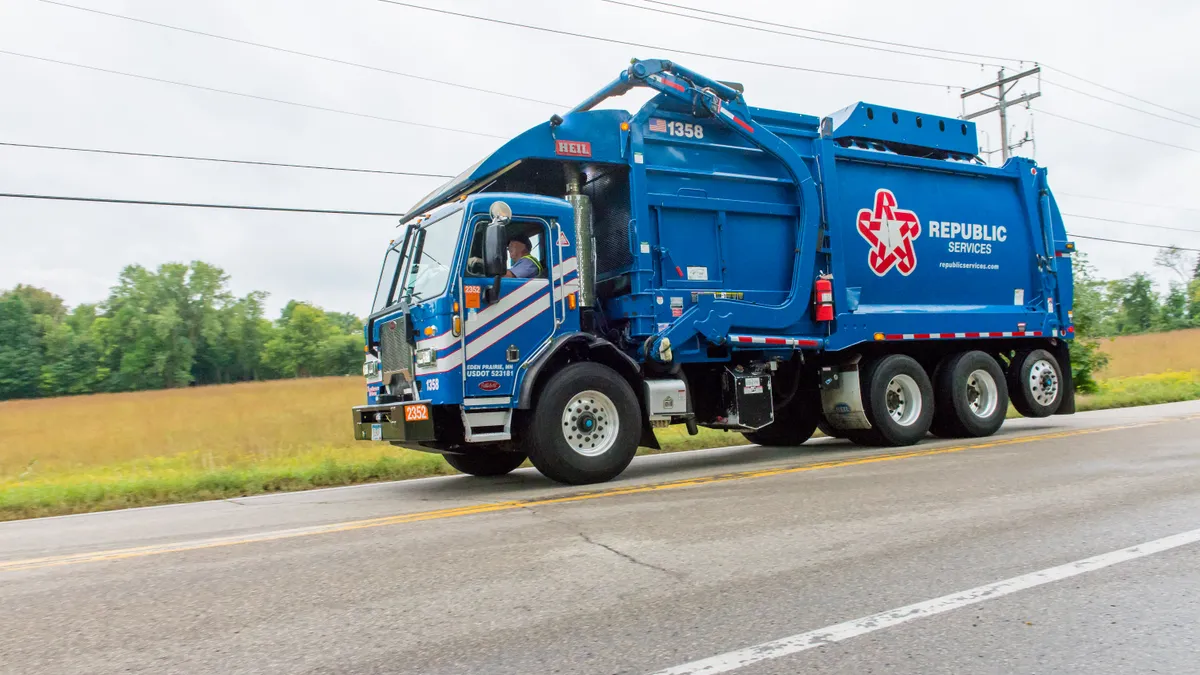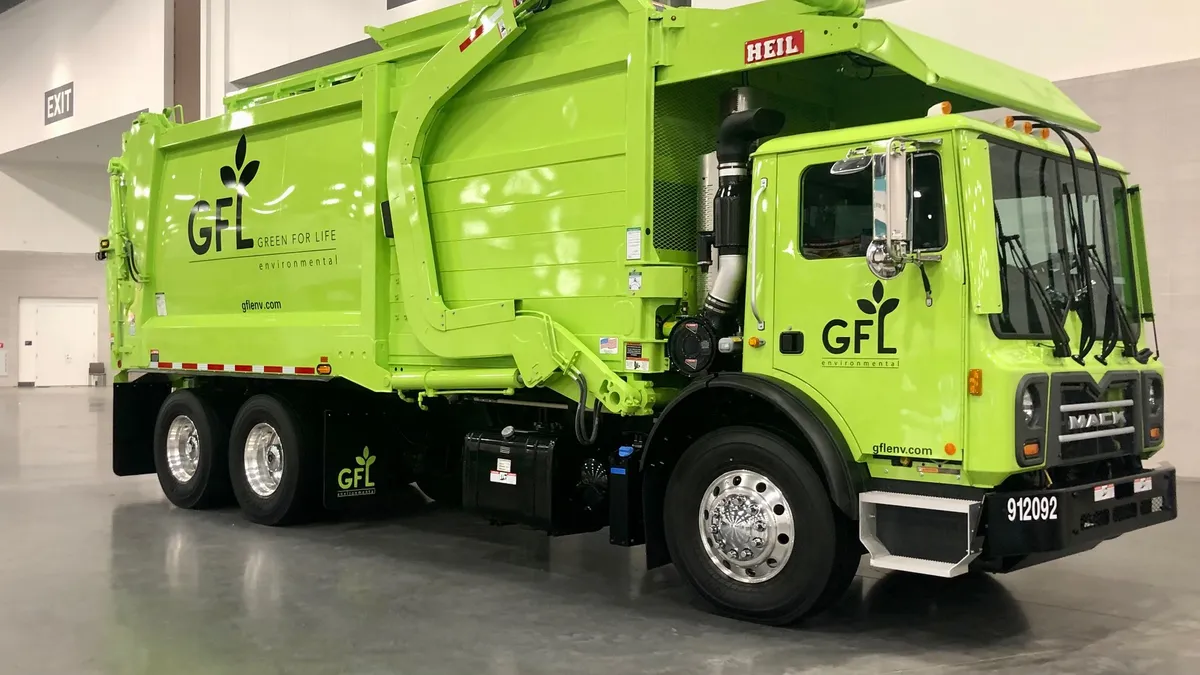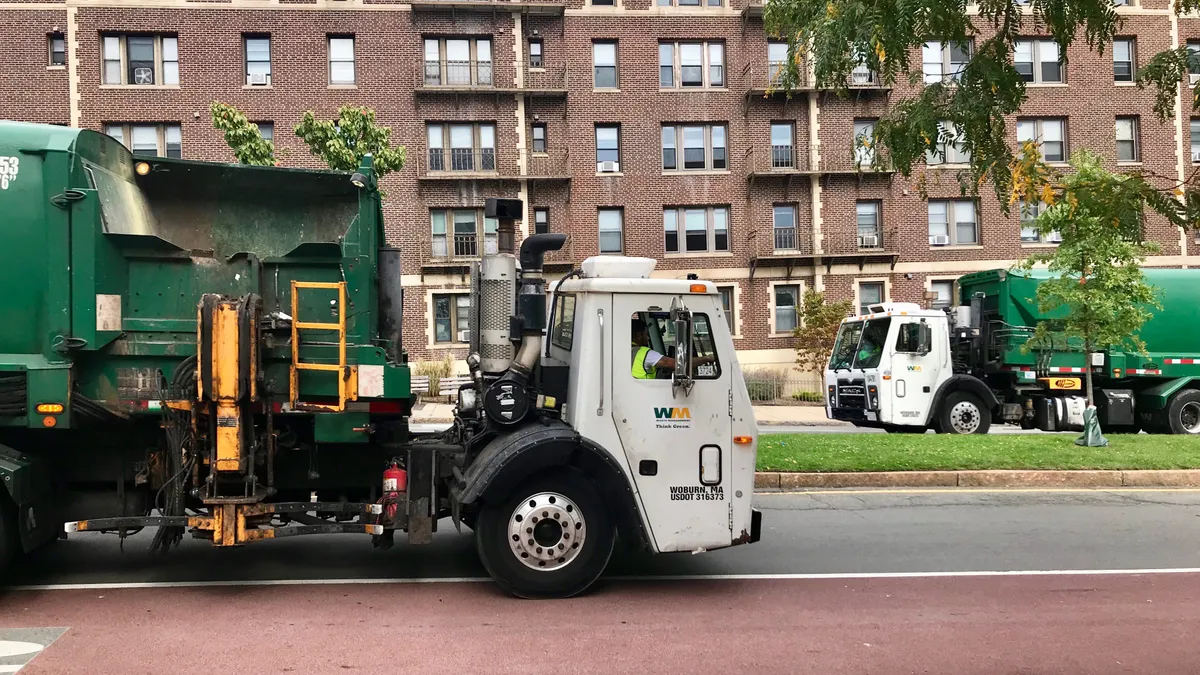Rumpke Waste & Recycling aims to maintain its reputation as a tight-knit family company while setting its sights on another year of rapid expansion.
Rumpke has focused heavily on building out its presence in Ohio, Kentucky, Indiana, Illinois and West Virginia. President and CEO Bill Rumpke Jr., credits a combination of strategic acquisitions, facility upgrades and vertical integration for its fast growth.
The Ohio-based company last week announced 2024 revenues of about $1.2 billion, an increase of about $150 million year over year, Bill Rumpke Jr. added.
“We expect to be at $2 billion in revenue in the next five years or so,” he said. “That's easy to say, but we're going to do that” by following the company’s current playbook of acquisitions, continued organic growth, and “pricing right as costs go up.”
In 2024, the company completed 10 acquisitions, including breaking into the Illinois market with the acquisition of Sanitation Service’s landfill, transfer station and hauling operations in Effingham, Illinois. Rumpke also had a total of 471 municipal service contracts in 2024, including 218 from renewals and 38 from new municipalities.
Rumpke constructed about 40 acres of landfill capacity and opened new landfill gas-to-energy systems at two of its Ohio landfills and one in Kentucky. That infrastructure has also motivated the company to invest in over 660 compressed natural gas trucks for its fleet over the years, which Rumpke said are cleaner and easier to maintain. It expects to add another 200 CNG-powered trucks to the fleet in the next few years.
Rumpke recently upgraded its in-cab safety equipment, and it’s also piloting an X-ray system at its MRF in Cincinnati to identify batteries before they can start facility fires. That battery project is still in early stages, but Rumpke said he expects the company to continue its interest in technology to help keep workers safe. “Our employees are like family. I want to make sure that they're all taken care of,” he said.
Waste Dive recently spoke with Bill Rumpke Jr. to learn more about his vision for the company and its long-term plans for growth.
This interview has been edited for length and clarity.
WASTE DIVE: What’s your growth and direction strategy for Rumpke for the next couple years? What’s working? What's going to change?
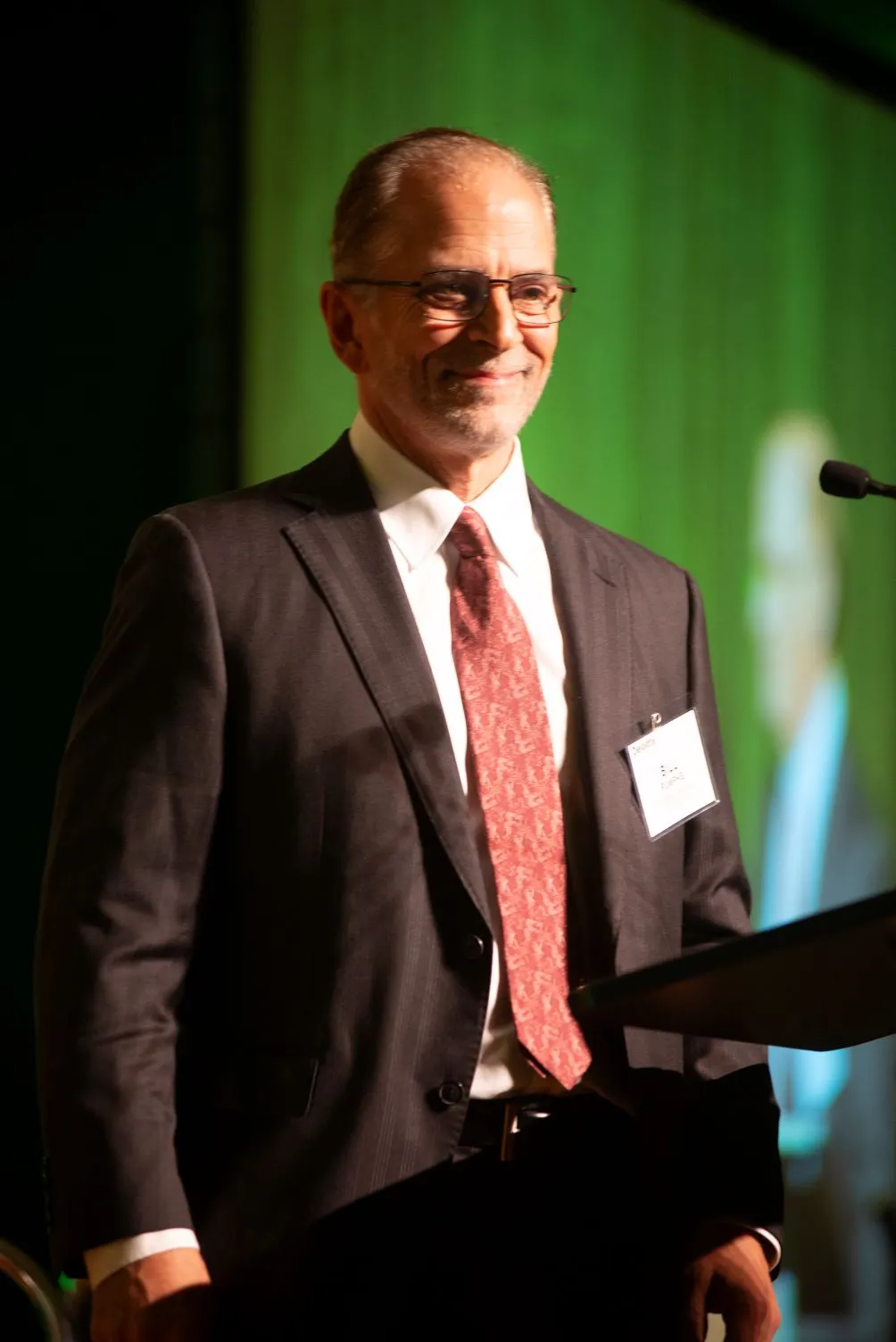
BILL RUMPKE JR.: About six or seven years ago, we got our balance sheet and our debt level in order, and that put us in a position to grow the company. We've been on a pretty rapid pace since then, and that will continue. Since 2016, we've averaged an acquisition per month.
How we look at acquisitions is we build around our existing assets. Landfills are scarce, so we try to make sure that we're collecting most of the waste around the landfills where we service. We look hard at opportunities where maybe small family companies are ready to retire or ready to get out.
Last year was unique, because we were able to buy three companies that were a little bit bigger: Two of them had landfills and were both family-run companies. There was Sanitary Service in Effingham, Illinois, and then there was Big B Waste Services in Henry County, Indiana, or Newcastle, Indiana.
Additionally, we purchased a decent size hauling operation in northern Ohio toward the end of the year, Cyclone Waste. That fed well into our existing assets and our existing landfills and recycling operations.
So we build out landfills, we build out recycling plants, and then we’re challenged to get more volume to those locations so we can do better financially. So that's what it's all about. We aren’t going to get way out over our skis in some rural place where we don't have recycling or landfills, because we can't and won't provide the best service and our margin will not be what we're looking for.
Rumpke added about 1,100 new jobs this past year. How are you looking at hiring and retention as you grow?
We’re about 4,400 employees right now, but it'll grow. Our growth has been dramatic, and when the growth is there, the employees follow. [Those positions] have grown both through acquisitions and also from growing organically. We’re also adding people in our new recycling plant in Columbus, Ohio who are more technical and are highly trained.
We have our own training programs here for our employees. We strongly believe in giving people opportunities, developing them and moving them up within our organization. Those end up being the best people that work for us, whether they stay at their original role or they move up into supervisory roles, management roles or some other leadership roles. We have a lot of folks that retire here after 30 or 40 years.
As we bring new people in, we're onboarding them, we're training them. We can help them develop further as a mechanic or truck driver, help them to get their CDL and to learn every type of piece of equipment and to move up within our organizational structure, as well as teaching them how to be leaders or supervisors if that's what they want to do.
You mentioned the Columbus MRF, which was about a $100 million investment. Rumpke is also looking to invest about $15 million in a new office and maintenance facility in Cincinnati. What can we expect to see on the new infrastructure front in the coming years?
We need to build a new office and a maintenance facility for our yellow iron, in part because the current facility is just old. It's really important how we look to the community, so we build good-looking buildings and keep them looking good. It's good for our employees, it's good for our reputation.
We have sited and built several transfer stations as well in the last few years so we can provide better service and get more out of our core assets. We are transferring both waste and recycling, either through the landfills or to our bigger recycling plants, where we do a better job of sorting that material, so it kind of extends the footprint and drives volume to those facilities so we can get the most out of them.
[These projects] allow us to give the best service to our customers so they don't have to drive as far. At our largest landfill across the street [from Rumpke’s headquarters], we built a convenience center that looks like a transfer station. Our third-party customers no longer have to drive onto the landfill itself; they can dump directly in that facility, which is especially good for pickup trucks and the small haulers.
We are now also getting paid a lot more out of our recycling plants, particularly the one in Columbus, because we're sorting further. We plan to do something similar [for our Cincinnati MRF]. We built Cincinnati in 2013, and at the time it was the best technology out there. It's still really good, but in the next couple years, we'll probably work on the plans to upgrade that facility. We have to work out some things with the property before we're ready to make that announcement.
Rumpke’s a family company, and you've held a lot of different positions there before you became CEO in 2014. What is it like to work for Rumpke now compared to when you first started?
I am the third-generation Rumpke that's sitting in this seat. The next generation — my sons and nephews and nieces — have all worked in the business and came up in the business. Back when I was growing up, that meant getting out and picking up garbage, then picking up litter in the landfill and working on the heavy equipment. In my case, I was also a supervisor and founded one of our bigger regions [of Columbus, Ohio] back in the early ‘90s.
We are very big on developing our people, particularly within our family, to make sure that all of them are ready for the next step. They understand what we expect from our employees, so we make them do all of it. That means they've all worked on trucks, they've all worked in the office. They've all done a little bit of everything. Because all of [our employees] know that, it shows that we're not above [the work], and it also allows us to understand what it takes to do that work every day.
Whoever sits in my seat next, likely one of my brothers down the road, they'll have done it all, too. That’s a big deal for us.








